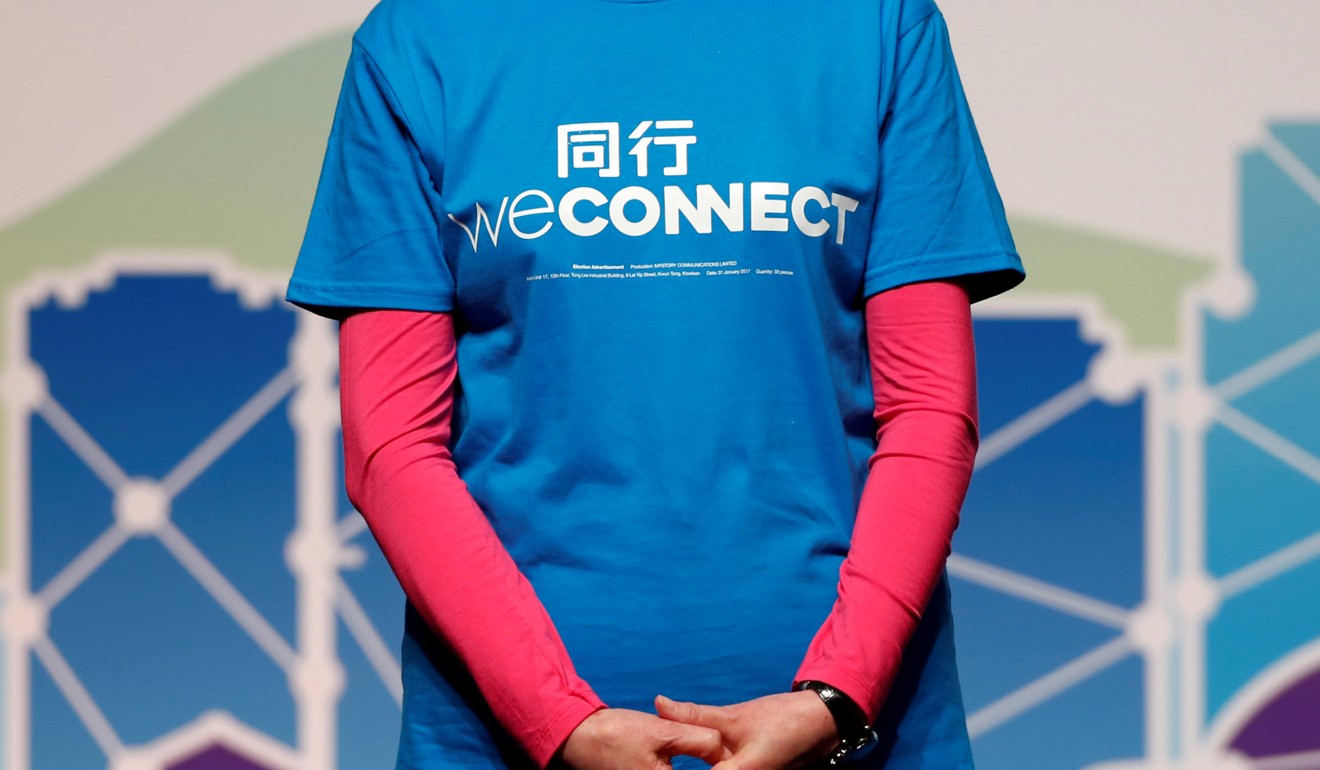
Extradition bill fiasco exposes Carrie Lam’s disconnection with Hong Kong people, senior civil servants say
- Officials suggest her failure to relate to ordinary Hongkongers is a cause of the sorry saga, but believe she has learned lessons
- The chief executive writes to all civil servants admitting she misjudged the sensitivities surrounding her fugitive proposals
Senior civil servants fear the extradition bill saga has exposed the Hong Kong leader's lack of connection with the people, but believe she has been humbled by the setback.
Civil Service unions expect the government, which is struggling to restore public trust in the wake of the controversy, to face mounting challenges and difficulties in the next few years.
In a letter to all civil servants on Tuesday night, Carrie Lam admitted she had displayed inadequate judgment over the sensitivity of the bill, which would allow the city to transfer fugitives to jurisdictions, including mainland China, where there was no arrangement.
Her letter was sent hours after she offered her “most sincere” public apology at a press conference on the mishandling of the controversial legislation.
“This incident had made me realise that, as chief executive, I still have much to learn and do in better balancing diverse interests, in listening more to all walks of life and in taking our society forward,” she wrote.
A senior civil servant, who spoke on condition of anonymity, said he accepted the chief executive’s admission of her mishandling of the saga.
“I feel sad for her as I know she did not make the fuss intentionally. Obviously she made serious misjudgment in the process. Now society is even more split than the situation after the Occupy protests in 2014,” the civil servant said.
He said the government was overconfident in its ability to bulldoze a bill through to fix a long-standing problem that has not been solvable since the 1997 handover.
In early May, Secretary for Security John Lee Ka-chiu called previous administrations “ostriches” for not plugging the legal loopholes for extradition in the past 22 years.
The civil servant noted that in February, the government only allowed a 20-day consultation for the controversial bill, an unusually short period for canvassing views on policies.
“It would take a considerable amount of time for an ostrich to raise its head after burying it in the sand for 22 years,” he said.

He said the debacle over the extradition bill exposed the disconnect of Lam’s administration with Hongkongers, during which they failed to take the pulse of members of the public.
Lam was elected the city’s leader in 2017 with the campaign slogan “We Connect”.
The source’s views were echoed by another senior civil servant who noted the chief executive and her top aides were divorced from the masses.
“When Lam ran for the chief executive in January 2017, she appeared unfamiliar with how to use an Octopus card as she took the MTR to visit Ap Lei Chau,” the second senior civil servant said. “Her problem is not unique in her inner circle.”
Leung Chau-ting, chairman of the Federation of Civil Service Unions, said Lam’s letter to civil servants was just “a pro forma act that carried little impact”.

“Despite the growing tension, frontline civil servants did not bear much anger from our citizens, and they could manage to provide services normally, which indicated that our citizens have been rational,” Leung said.
Ma Chi-sing, president of the Government Employees Association, said the government had shown plenty of flaws in its handling of the bill and Lam’s manner was “clumsy”. “Of course that would affect us civil servants,” Ma said.
He criticised Lam, saying she was too bold in ploughing ahead with the legislation. “She pushed it through without proper communication,” Ma said.
Two apologies, no resignation: can Lam reboot political career?
He said the association still supported the bill, adding the most embarrassing part was they were not able to find a solution at this time.
“Now the bill is suspended, what can we support?” Ma said. “We are still having a meeting to discuss how to handle the current situation, although we understand this is a difficult decision for the chief executive.”
Ma also acknowledged that Lam’s apology could be perceived by ordinary people as coming too late.
“But it’s understandable to me because she had to handle a vast system and talk to many people before she could make it public,” Ma said. “She meant it, no matter whether she bowed or wept or not.”
Steven Wong Hung-lok, chairman of Government Senior Officers Association, said civil servants would serve the public regardless of political disputes and support the chief executive as long as she was in power.
“Civil servants are abiding by political neutrality,” Wong said. “We do not want to comment on the chief executive’s political issues. We would like the citizens to continue to see us as just and fair.”
Wong said it was most important for government staff to focus on their work and discharge their responsibilities because “society won’t simply stop functioning because of political disputes”.
However, Wong believed the extradition bill controversy would bring challenges to Lam’s administration over the rest of her term.
“Our work will be more difficult because we will face more doubts,” Wong said. “It means that in future policymaking, we must spend more time and show more sincerity in explaining to the public and listening to their views.”
Cabinet members follow Hong Kong leader and apologise
Meanwhile, the Civil Service Bureau announced on Wednesday that the chief executive-in-council has decided this year’s pay rises for civil servants in the lower and middle salary bands would be 5.26 per cent, while those in the higher band would get a 4.75 per cent raise.
The increases are slightly higher than the official pay trend survey committee proposed last month.
Additional reporting by Phila Siu


